Scriabin – Prelude Op. 13, No. 1
Born into an aristocratic family in Moscow in 1872, Scriabin studied the piano at the Conservatory there (despite having unusually small hands) and the impact of his beloved Chopin is felt not just in the late-Romantic harmonic language of his early compositions, but in the genres he employed: notably, Scriabin composed nearly ninety solo piano preludes, spanning his entire compositional lifetime, and therefore charting his rapid stylistic development. Mostly tiny miniatures—concentrated musical aphorisms—they nevertheless vary wildly in mood and colour, and in these brass transcriptions we attempt to capture the extreme contrasts through varying instrument combinations, mutes and articulations.
This footage is from Septura’s recording sessions, and features Op. 13, No. 1. Majestically homophonic in texture, this prelude shrouds its C major tonality in ambiguity, avoiding any obvious perfect cadences in that key, and hinting at Scriabin’s future abandonment of functional tonality.
